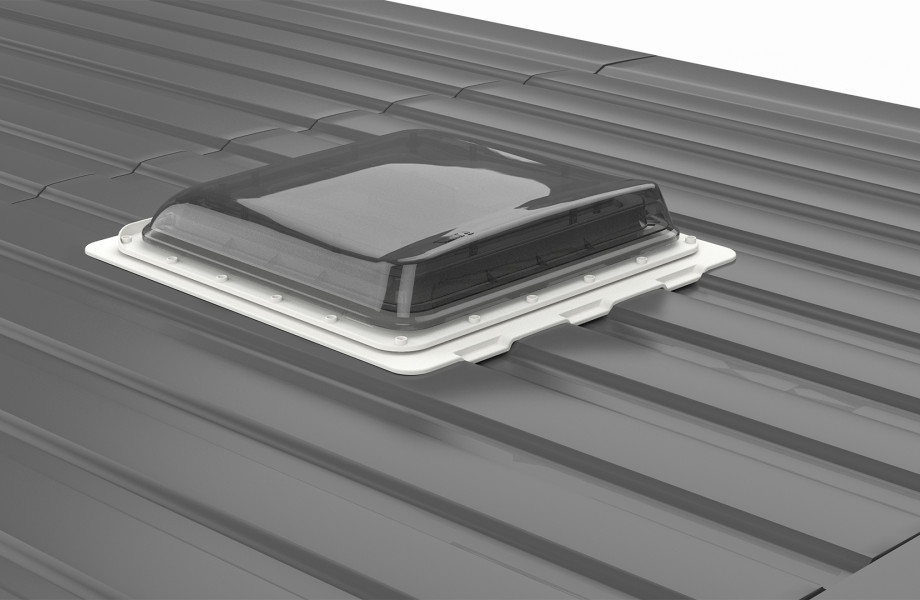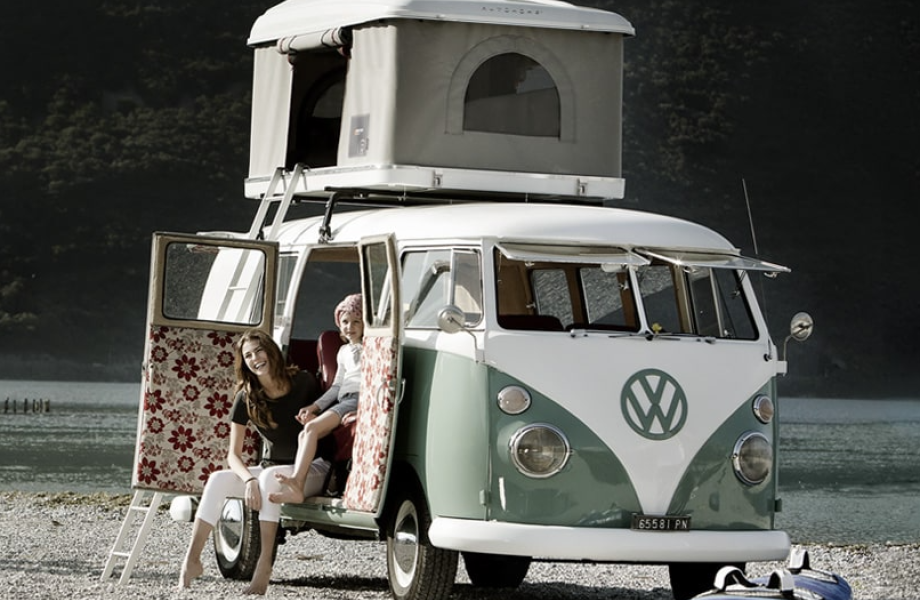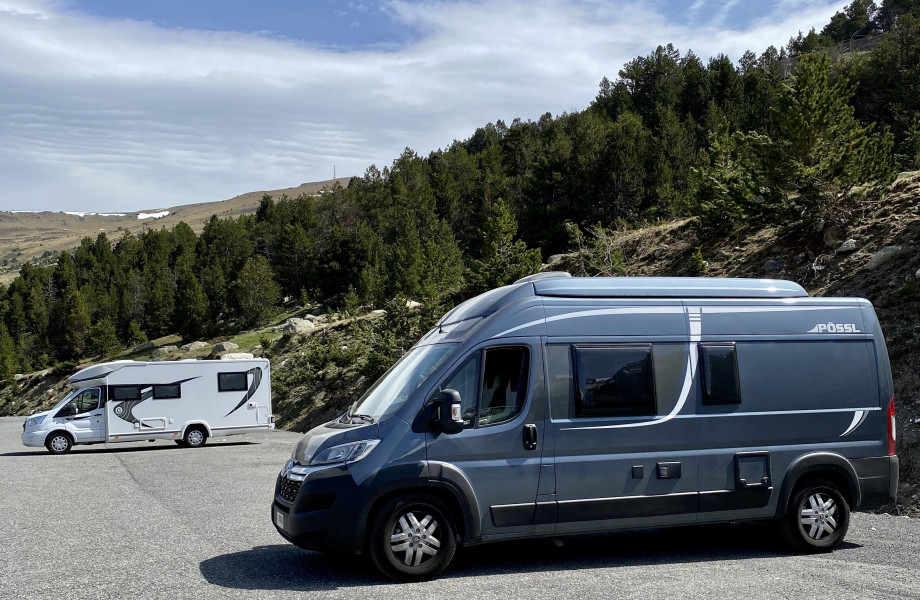Solar Panel Installation Guide for Camper Van
What is a Solar Panel and what is it used for?
A solar panel captures energy from the sun and converts it into electricity. When used in conjunction with a regulator, it can charge our auxiliary battery.
It silently recharges our battery and increases our electrical autonomy when stationary. The increase can vary depending on the amount of sunlight received and our consumption relative to that recharge. It also extends the lifespan of our battery by preventing deep discharges. It's like having a generator that works silently while you enjoy the scenery!
Is it necessary to install a solar panel in a van?
Like everything in the camper world and the choice of accessories, this depends entirely on each person.
A medium-sized van with a compressor fridge, lights, heating, USB and 12V outlets, equipped with a 100Ah AGM or GEL battery in good condition, has an approximate autonomy of 2 days. This can be extended or shortened, mainly depending on the 12V fridge. Very cheap fridges often have poor insulation, making them run more hours per day and significantly reducing autonomy or extending it in the case of a good fridge.
If you have a lithium battery with the same capacity (100Ah), autonomy doubles, as they have twice the performance, reaching approximately 4-5 days when stationary.
If your stationary stay doesn't exceed 4 days, we advise switching to lithium, as it will be a similar price to the solar panel, and you won't have to legalize your secondary battery installation if it's already approved.
If your stationary stay is longer, our advice is to install a solar panel to extend autonomy. However, keep in mind that parking in the sun is necessary, and on cloudy or shorter days, you will receive less charge. It is essential that you can ALWAYS charge from the vehicle's engine.
Therefore, our answer is: Try it out, go out with your van, and find out if you run short of electricity. In that case, we are here to help and advise you based on your needs so that you make the best choice for your situation, which will be different from others.
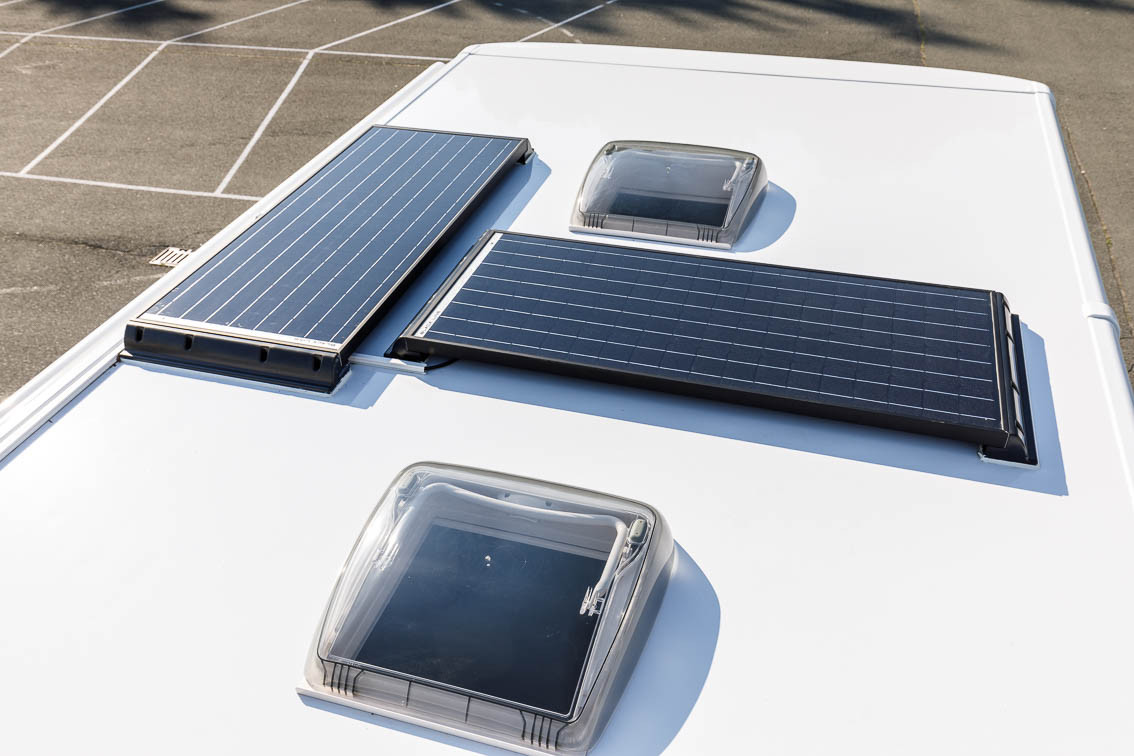
What types of solar panels are there?
This is where it gets interesting. Basically, there are two types:
Flexible Solar Panels or Rigid Solar Panels. Each has its advantages.
Flexible solar panel:
If you choose flexible solar panels, you'll have an easy-to-install, practically invisible panel that won't add much weight. Thin, light, they adapt to small roof curvatures and do not affect your vehicle's aerodynamics much. However, keep in mind that they are more fragile and less efficient in warm climates. Their price is slightly higher than rigid ones. We recommend them especially in vehicles that do not exceed 2m.
Rigid solar panel:
If you choose rigid solar panels, you'll have a robust, high-performance panel that is more economical than the flexible one. However, it will increase the height of your vehicle by about 5cm, create more air resistance, may cause some noise, and if your roof is not completely flat, fixing it may not be easy. Make sure it's securely attached to avoid it flying off on the road. We recommend them in tall vehicles or those with a roof rack since the height gain is not a disadvantage.
How to install a solar panel?
The installation of a solar panel in a camper van is a process that, although it does not require too many skills or knowledge, demands precision and attention to detail to ensure its effectiveness and durability. Below, I describe the professional step-by-step process:
1. Selection of the installation location: The first step is to determine the optimal location on the van's roof. This location should allow for maximum sun exposure and take into account factors such as the vehicle's aerodynamics or avoiding elements that could cast shadows, such as antennas, skylights, or roof racks.
2. Surface preparation: Before installation, thoroughly cleaning the roof surface is crucial. This ensures proper adhesion of the mounts and prevents detachment, avoiding accidents.
3. Choice of mounts and fixing: The mounts, whether aluminum or ABS, should be selected based on their strength and compatibility with the roof structure. These mounts are fixed to the roof using suitable adhesives or to the roof rack using screws, depending on the vehicle and solar panel specifications. Flexible solar panels use adhesive only and are directly attached to the roof.
4. Sealing the installation: A crucial aspect is sealing all the holes made during the installation, such as passing the cable into the vehicle's interior. A high-quality sealant should be used to prevent water leaks and ensure the integrity of the installation. Not all adhesives from the same brand are the same, and the appropriate one should be chosen; we can advise you on which one to buy for each purpose. We use this butyl for sealing to prevent water ingress and this Sikaflex for creating a thin exterior profile to prevent butyl from escaping around the edges.
5. Solar regulator installation: Between the solar panel and the battery, a solar regulator is installed, managing the energy flow and protecting batteries from overcharging. It is essential to choose a regulator suitable for the type and size of the solar panel.
6. Electrical connections: Secure and efficient electrical connections must be made between the solar panel, regulator, and battery. This includes using appropriate wiring and installing fuses to protect against possible short circuits.
7. Verification and testing: Once the installation is complete, it is vital to verify all connections and perform tests to ensure that the solar panel is functioning correctly, and energy is efficiently transferring to the batteries.
Do I need to certify the solar panel?
Regarding legality and regulations, this will depend on each country. If you consult with your installer, they can likely advise you or even provide documentation if the solar panel needs certification, as is the case in Spain and Andorra. If you decide to install with us, we will inform you and can provide a quote without any problem or commitment.
Are you thinking of installing a solar panel in your van?
Our team of experts will take care of the installation for you!
Send us an email, and we will provide you with a customized quote for your van.
Latests posts
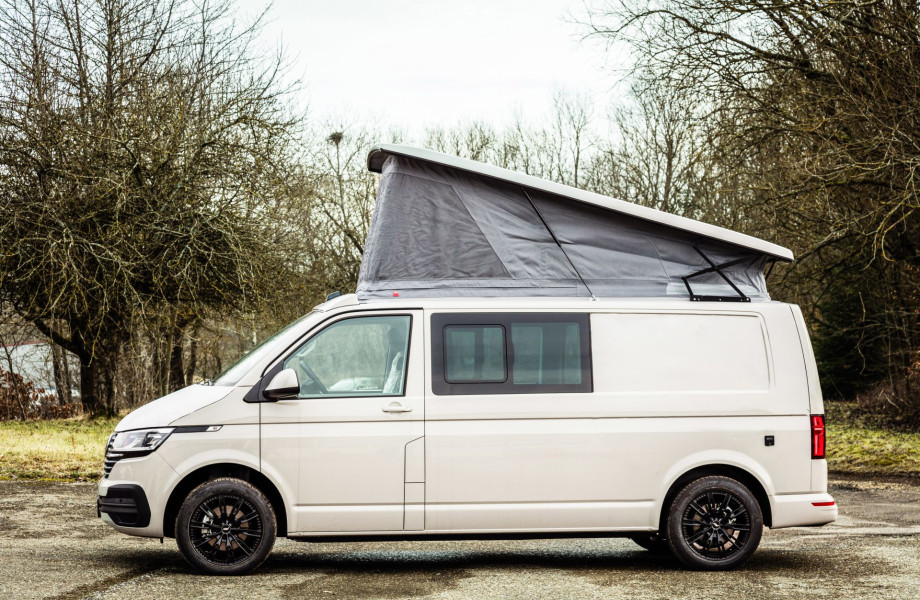
Homologated Pop-Top Roofs for Vans (REIMO & SCA)
22 January 2026
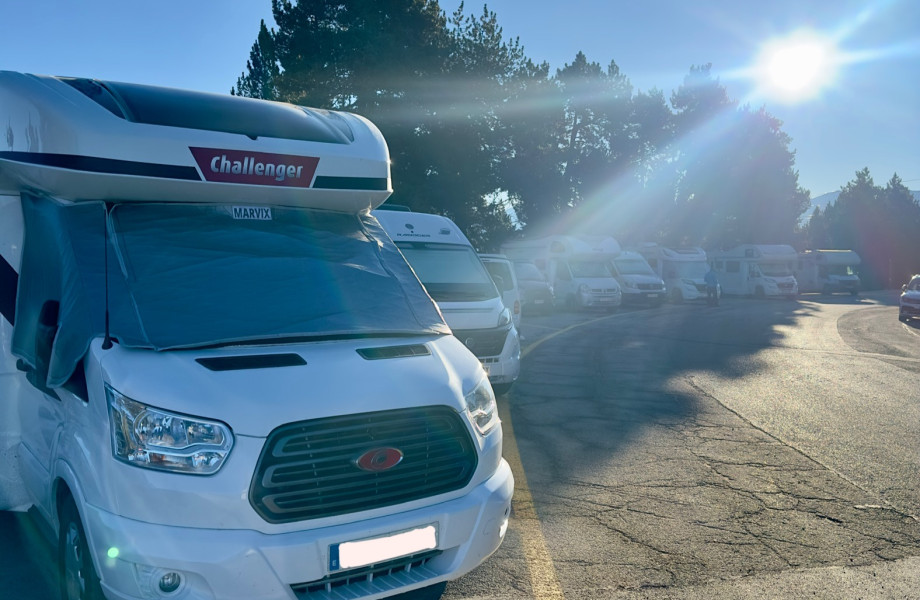
Ski and stay overnight in Pal | Andorra
14 December 2025

Where to park and where to stay overnight in Andorra?
2 December 2025
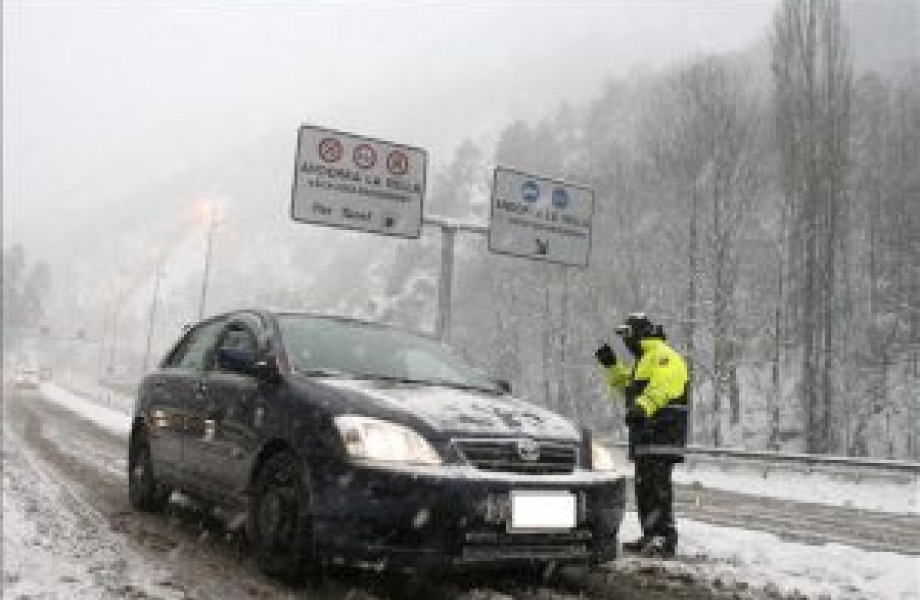
Andorra, land of snow
17 November 2025
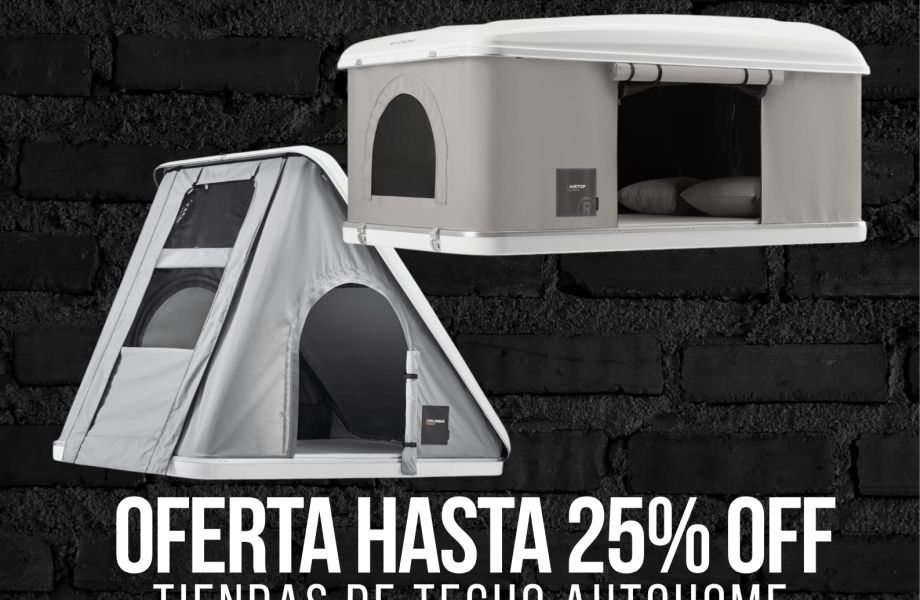
Black Friday offers on AUTOHOME roof tents!
6 November 2025
